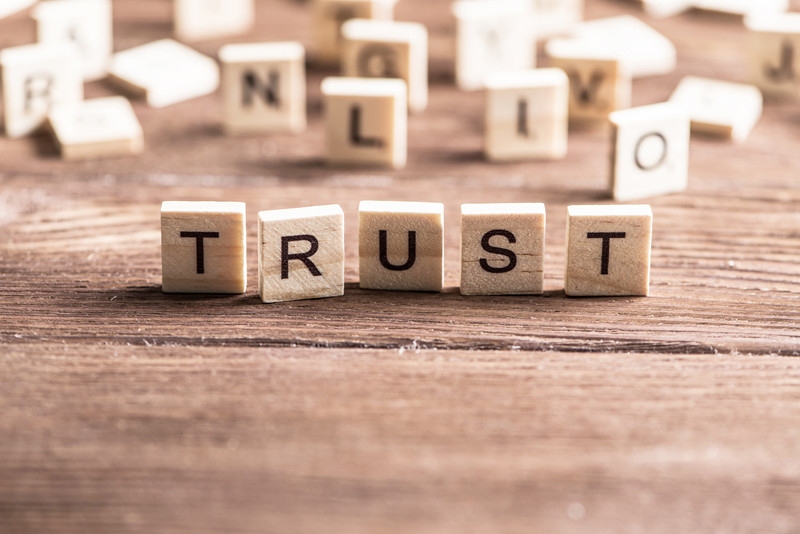Anyone interested in SEO knows that there was an algorithm shift in the force a couple of weeks ago now. Everyone scrambled to find out what the deal was, but it’s really pretty simple.
Is YOUR site worthy?
What’s that mean? There’s an acronym to grok that says it all:
E-A-T
 E: Expertise. Does the person who owns the site have expertise in their field? For example, my big thing online has been SEO for the past 13 years or so. I do have a level of expertise on the topic. Not only have I studied the topic over time, but I’ve written for the prestigious SEMRush blog. I think I did that for two years or so. I still get comments and questions from folks, even after the years I’ve been absent. I just got too busy. So, yeah… I have a level of expertise. Do you?
E: Expertise. Does the person who owns the site have expertise in their field? For example, my big thing online has been SEO for the past 13 years or so. I do have a level of expertise on the topic. Not only have I studied the topic over time, but I’ve written for the prestigious SEMRush blog. I think I did that for two years or so. I still get comments and questions from folks, even after the years I’ve been absent. I just got too busy. So, yeah… I have a level of expertise. Do you?
This is something you need to develop in your niche quickly. Write for…
- social media
- authority sites in your niche, if possible
- for niche sites, if not (like other blogs).
- do some press releases, even
The more you put out there and the more places you put it, the better your expertise quotient will be.

A: Authority. This is nebulous at best. What makes Google think that you have authority? I wrote a post about Authority a few years back for this blog.
But think about it: Who’s the judge?
Google, of course.
If you want Authority, your site needs lots of pages — content pages, blog pages, product pages, whatever. That’s one thing we were able to figure out a long time ago. It once was that to have authority, your site just had to be BIG.
That’s not the case anymore. Authority is also about social media. Who’s liking your stuff? Are your posts being shared? How many comments do you get on a post? And this stretches across all accounts you may have — Facebook, Twitter, Pinterest, Instagram, etc.
Another authority consideration is having posts on other websites. Have you written or any sites that are already authority sites? BIG deal. All of these things wrapped up together will give you authority. Just work at it steadily and it will come.

T: Trustworthiness. There are physical things you can do.
- Does your site have an SSL certificate? (Is your URL https:??).
- Do you have other trust symbols on your site like Better Business Bureau, PayPal Certified, Hacker Safe, whatever?
I don’t. But before you start on me… I don’t sell physical products on this site. I’d prefer that people trust my expertise because I’m not selling anything but my knowledge. Of course, I websites, copywriting, social media management and on and on, but… Not from this site. I have a real telephone conversation with my clients, so it’s not as important for me because they aren’t pushing a payment button on my website, but…
I do have the SSL. SSL is important for Google, and also for you. You don’t want people arriving at your website seeing “Not Secure,” in their browser’s address bar right? That’s really important, even if you don’t sell. So there you have it.
You need a site that looks up to date, like someone has been working at it constantly, over time.
- You need a visitor-friendly site so that people can navigate quickly and easily.
- You need part of YOU in your website. The biggest hurdles you can jump are “Know – Like- Trust.” If people don’t know you, they won’t like you. If people don’t like you, they won’t trust you. Simple.
Just be smart about this Google algorithm shift. You aren’t Target. You aren’t Coca-Cola. But you need to aspire to be that level. Otherwise, Google will drop you like a hot potato. Who needs that? Here’s more information from Google…
Google’s John Mueller Discusses Google’s Recent Algorithm Shift


